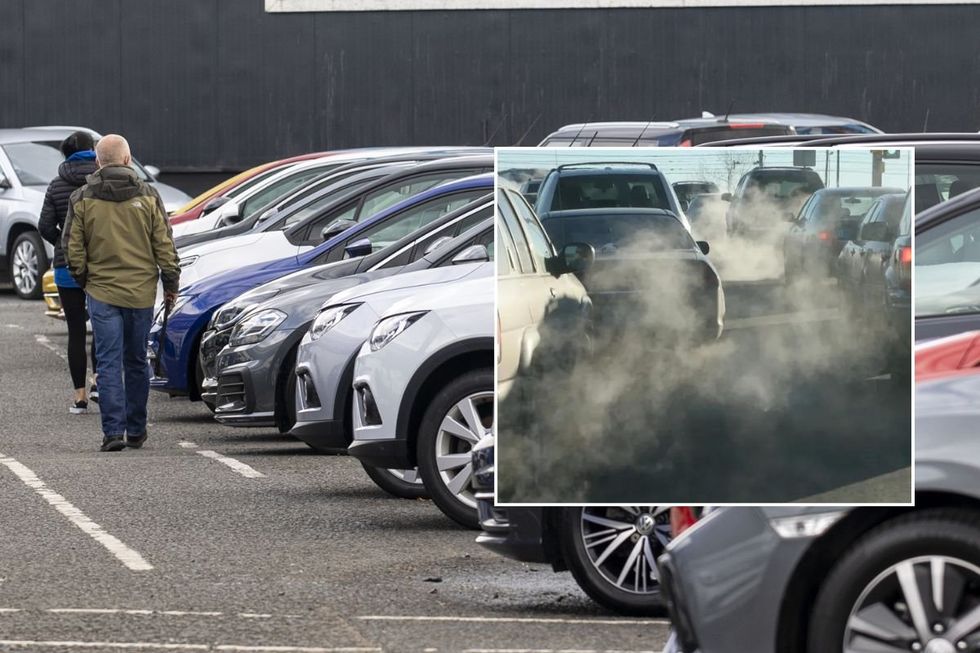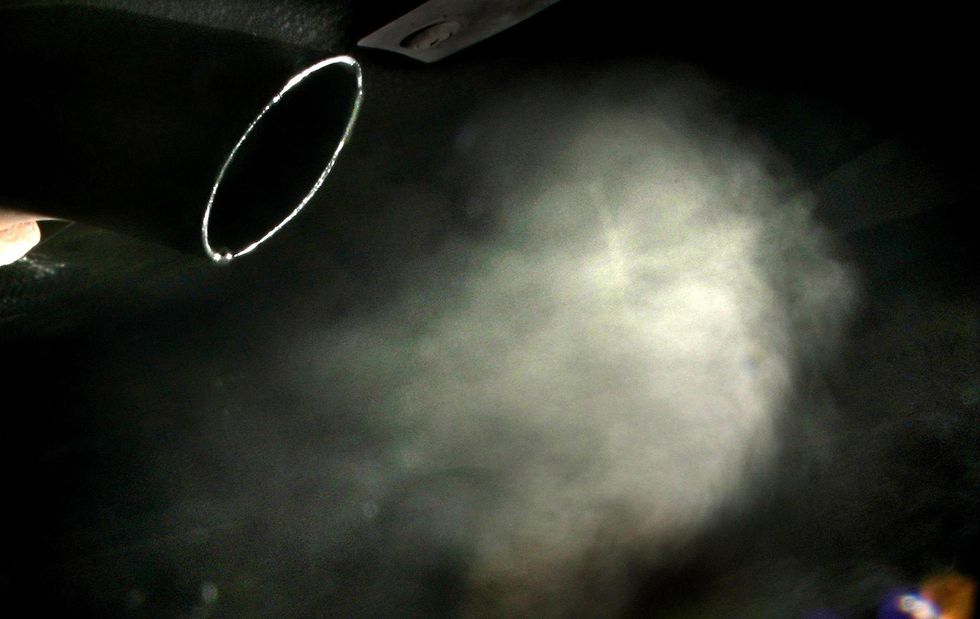Cheaper cars pollute more than expensive vehicles amid calls to tackle 'environmental injustice'

Experts have outlined several potential measures to lessen the impact of environmental harm
Don't Miss
Most Read
Latest
New research has found that cheaper cars pollute more than expensive cars, prompting calls to address "environmental injustice".
A recent study from the University of Birmingham found that more expensive cars emit lower levels of pollution, creating a disparity between income and emissions.
The research pointed out that lower-income individuals are more likely to own cheaper, higher-emitting vehicles and "contribute disproportionately to their local urban air pollution".
The Journal of Cleaner Production identified that spending an extra £10,000 on a diesel vehicle is associated with a more than 40 per cent reduction in harmful nitrogen dioxide (NOX) emissions.
TRENDING
Stories
Videos
Your Say
Experts analysed more than 50,000 vehicles using remote sensing technology to measure vehicle emissions in real time.
It found that average NOX emissions are around 8.8g/litre of diesel for a car worth £5,000, while they drop to 5.6g/litre for £15,000 cars.
Diesel vehicles also show greater emission reductions per £1,000 increase in price when compared to petrol vehicles.
Nitrogen dioxide emissions drop by around 0.4g/litre for every £1,000 extra spent on buying a new diesel car.

A new study has revealed that cheaper cars emit more pollution than more expensive vehicles
|PA/GETTY
Professor Francis Pope, one of the co-authors of the report, said: "Our study provides the first clear evidence to support vehicle price being a reliable indicator of emission performance - powerfully illustrating how citizens' economic capacity can directly influence environmental outcomes and urban air quality.
"Individuals from lower-income households may be more likely to own older, cheaper, and higher-emitting vehicles - contributing disproportionately to local air pollution."
The study has now called for progressive tax structures based on vehicle emissions and price to incentivise more people to adopt electric cars.
Other measures could include rebate schemes or scrappage incentives to help lower-income drivers ditch their highly-polluting petrol and diesel vehicles.
LATEST DEVELOPMENTS
MOT changes could also help lower-income vehicle owners, with calls for enhanced inspection and maintenance programmes.
The Journal argues that this could offer a cost-effective way to reduce emissions in the short term, especially with the average age of a vehicle reaching 10 years - the highest level ever.
If paired with other measures, people with older vehicles could scrap their vehicles if they are found to be particularly polluting, while also receiving money towards a cleaner model.
Report co-author Dr Omid Ghaffarpasand, from the University of Birmingham, added: "Our findings underscore the need for targeted policy interventions to address environmental injustice.

Experts have called for a scrappage scheme to be introduced to help lower-income individuals
| PA"Lower-income communities bear the brunt of local air pollution due to limited access to cleaner vehicles - exacerbating health risks and pollution exposure in disadvantaged urban areas."
Researchers also advocated for further investigations into how vehicle affordability, emissions and urban planning contribute to air pollution.
They stressed the importance of using data when considering transport and environmental policy frameworks to achieve "equitable outcomes".











